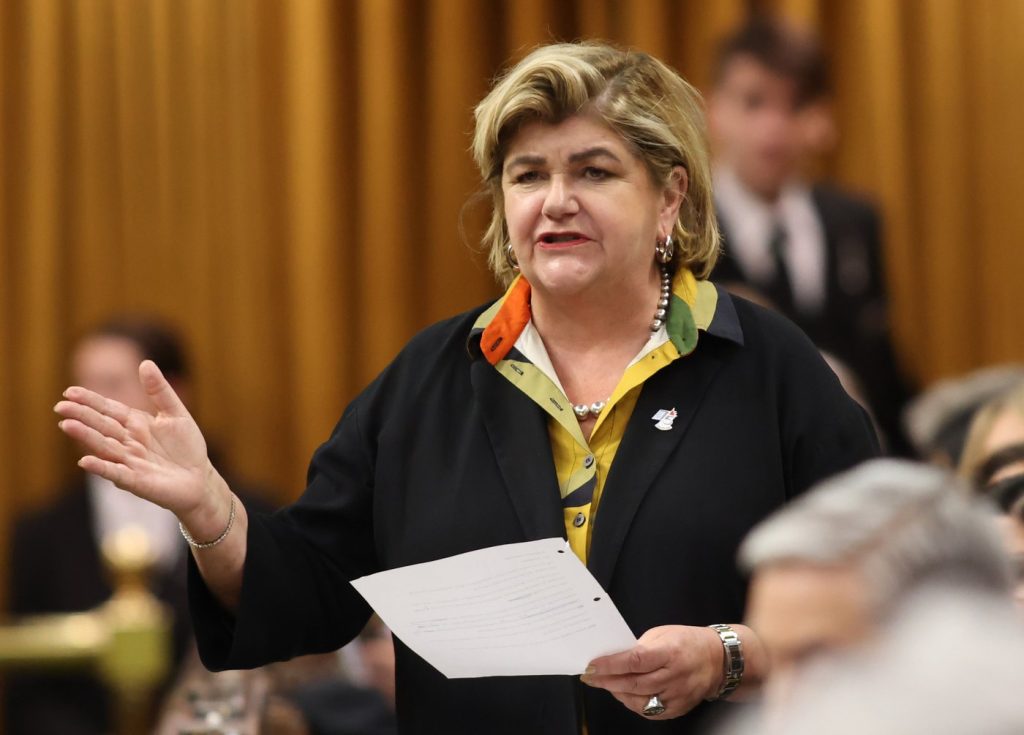In a significant announcement, Gudie Hutchings, the Liberal Member of Parliament for Newfoundland, has declared that she will not be seeking re-election in the upcoming federal election. Hutchings, who has represented her constituency since being elected in 2015, currently holds the positions of Minister of Rural Economic Development and Minister Responsible for the Atlantic Canada Opportunities Agency.
In her media statement released this morning, Hutchings expressed profound gratitude for the support she received from her family throughout her political career. She reflected on her time in office, noting that "if time was no issue, I would serve another 10 years," highlighting her dedication to public service and the responsibilities she held over the years.
Throughout her tenure, Hutchings has played a critical role in various governmental capacities. She was a member of the National Security and Intelligence Committee of Parliament, an oversight body comprising MPs and senators who are tasked with ensuring accountability and secrecy in matters of intelligence. This role underscores her involvement in significant issues related to national security and policy-making.
In late 2023, Hutchings garnered attention for her remarks related to a controversial decision by the federal government to exempt home heating oil—a prevalent heating source in Atlantic Canada—from the carbon pricing framework. This policy change led to allegations that the federal government was exhibiting regional favoritism. In defending the government's stance, Hutchings suggested that the voices of the Prairies could be stronger in Ottawa if the region were to elect more Liberal MPs, indicating the complex dynamics of regional representation in federal politics.
The announcement of her decision not to pursue another term has sparked discussions about her legacy and the future direction of the Liberal Party in Newfoundland and across Canada. Hutchings’ commitment to rural economic development, coupled with her insights into regional concerns, undoubtedly influenced her constituents and her party's agenda during her time in office.
As the political landscape evolves, Hutchings' departure will leave a notable void in her constituency, raising questions about who will succeed her and how that might affect the Liberal Party’s position in Newfoundland and broader Atlantic Canada. The forthcoming federal election will serve as a critical juncture for the party as it seeks to maintain its influence in the region amidst shifting political sentiments.
This report, reflecting Hutchings' career and the implications of her decision not to run, underscores the intricate interplay of regional interests and national policies within the Canadian political framework.










